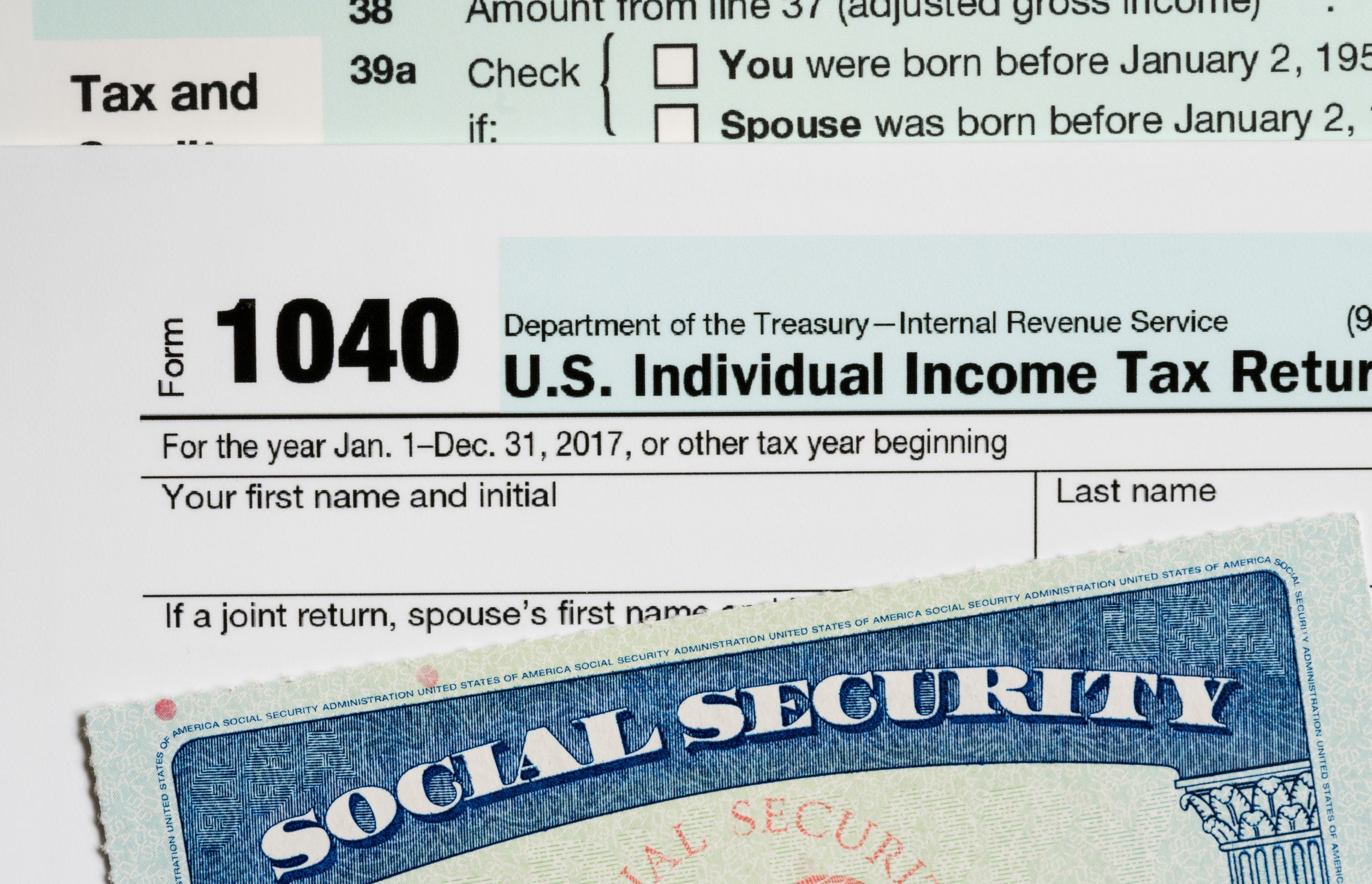
- Age, Income, and Social Security Tax:
- Age: Age does not affect whether you pay Social Security tax. All earned income from employment or self-employment is subject to Social Security tax up to a certain threshold, regardless of the taxpayer’s age.
- Income Thresholds: For 2024, the Social Security tax applies to income up to $168,600. This is known as the Social Security Wage Base. Income above this threshold is not subject to Social Security tax. The tax rate for Social Security is 6.2% for employees and 12.4% for self-employed individuals.
- Taxation of Social Security Benefits:
- Not all Social Security benefits are taxed. Whether Social Security benefits are taxable depends on the beneficiary’s combined income (which includes adjusted gross income, nontaxable interest, and half of the Social Security benefits). If the total exceeds a base amount that applies to their filing status, then a portion of the benefits may be taxable. For example:
- Single filers: Up to 50% of benefits may be taxable if combined income is between $25,000 and $34,000. Up to 85% may be taxable if combined income exceeds $34,000.
- Joint filers: Up to 50% of benefits may be taxable if combined income is between $32,000 and $44,000. Up to 85% may be taxable if combined income exceeds $44,000.
- Not all Social Security benefits are taxed. Whether Social Security benefits are taxable depends on the beneficiary’s combined income (which includes adjusted gross income, nontaxable interest, and half of the Social Security benefits). If the total exceeds a base amount that applies to their filing status, then a portion of the benefits may be taxable. For example:
- Federal Taxes Withheld from Benefits:
- Yes, federal income taxes can be withheld from Social Security benefits. Beneficiaries can request this withholding by filling out Form W-4V (Voluntary Withholding Request) and selecting how much they want to be withheld—7%, 10%, 12%, or 22% of their monthly benefit.
- States that Don’t Tax Social Security Benefits:
- Most U.S. states do not tax Social Security benefits. As of 2023, the states that do not tax Social Security benefits include Alabama, Alaska, Arizona, Arkansas, California, Delaware, Florida, Georgia, Idaho, Illinois, Indiana, Iowa, Kentucky, Louisiana, Maine, Maryland, Massachusetts, Michigan, Mississippi, Nevada, New Hampshire, New Jersey, New York, North Carolina, Ohio, Oklahoma, Oregon, Pennsylvania, South Carolina, South Dakota, Tennessee, Texas, Virginia, Washington, Wisconsin, and Wyoming. Note that some states that do not tax Social Security may have other types of taxes that could impact retirees.
Each scenario reflects current policies that can change, and it’s advisable to check with a tax professional or the appropriate government agency for the most accurate and personalized advice.
-Bách Khoa-
